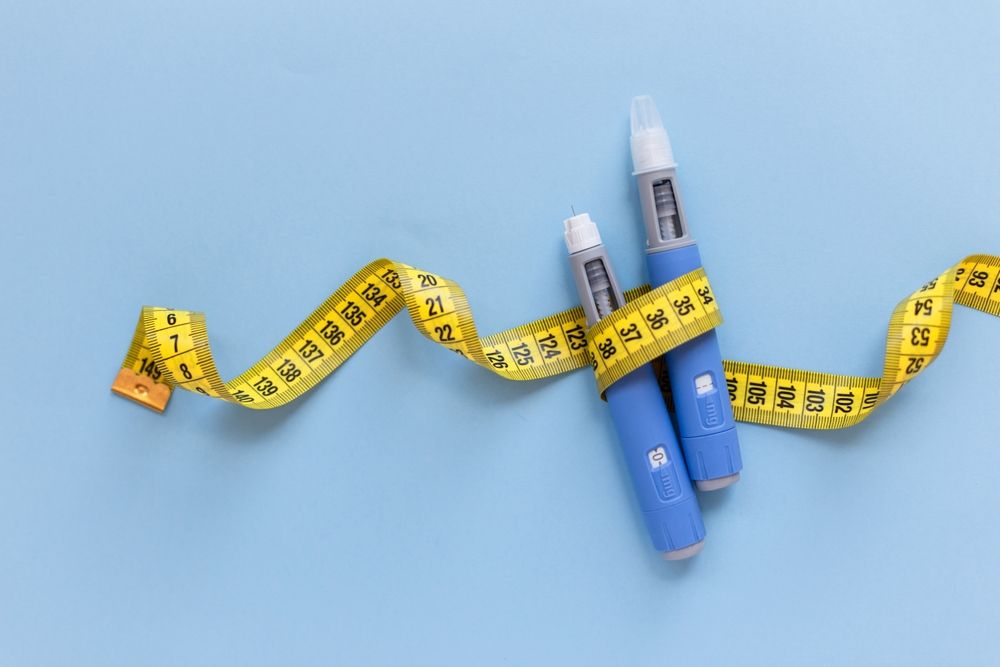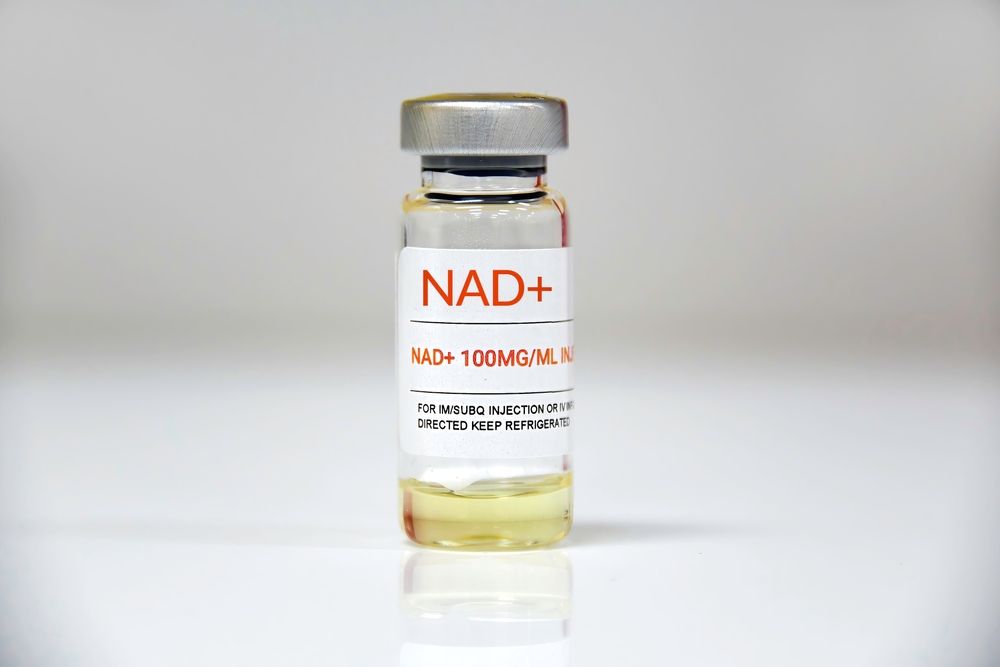Quick Hangover Recovery with Mobile IV Therapy

Understanding Hangovers: Causes and Effects
A hangover is a term commonly used to describe the unpleasant symptoms that follow excessive alcohol consumption. Understanding the underlying causes can provide insight into how to effectively alleviate these symptoms.
The primary cause of hangovers is the consumption of ethanol, the type of alcohol found in beverages. When metabolized, ethanol produces several byproducts, including acetaldehyde, which is toxic and can lead to feelings of nausea and malaise.
Other contributing factors to hangovers include dehydration, electrolyte imbalances, and the impact of congeners—substances produced during the fermentation process often present in darker liquors. Overall, a hangover can manifest in various ways, affecting both the body and the mind.
The Science Behind Hangovers
On a biochemical level, alcohol disrupts the balance of neurotransmitters in the brain. This disruption can lead to symptoms such as anxiety, irritability, and cognitive fog, all common experiences for those suffering from a hangover.
Additionally, alcohol has a diuretic effect, leading to increased urination and subsequently, dehydration. This state can exacerbate the hangover symptoms by reducing the body's ability to function correctly, resulting in fatigue and lethargy.
Physical and Mental Effects of Hangovers
The physical effects of a hangover can range from headache and body aches to gastrointestinal distress. Many find themselves feeling extremely drained and physically unwell.
Mental effects often include cognitive impairment, memory lapses, and a general sense of disorientation. These symptoms can significantly hinder daily activities, making it essential to address hangovers promptly and effectively.
Moreover, the severity of a hangover can vary widely among individuals, influenced by factors such as genetics, age, and overall health. For instance, some people may possess a genetic predisposition that affects how their bodies metabolize alcohol, leading to more pronounced hangover symptoms. Additionally, the type of alcohol consumed plays a crucial role; drinks with higher sugar content can lead to more intense hangovers due to the body's struggle to process both the alcohol and the sugar simultaneously.
Furthermore, the psychological aspect of hangovers cannot be overlooked. The anticipation of a hangover can create a cycle of anxiety and dread, particularly if one has experienced severe hangovers in the past. This mental burden can amplify the perceived intensity of the physical symptoms, making recovery feel even more daunting. Understanding these complexities can empower individuals to make more informed choices about alcohol consumption and recovery strategies.
The Role of Hydration in Hangover Recovery
Hydration is perhaps the most crucial factor in recovering from a hangover. Since alcohol causes the body to lose fluids and essential electrolytes, rehydrating the body can substantially alleviate the symptoms.
When a person is dehydrated, they may experience confusion, dizziness, and weakness, amplifying the effects of a hangover. Therefore, replenishing lost fluids should be a top priority when dealing with post-drinking discomfort.
Dehydration and Hangovers: A Direct Link
Research has demonstrated a direct correlation between dehydration levels and the severity of hangover symptoms. The more dehydrated a person is, the more intense their hangover symptoms may be.
This connection highlights the importance of not only drinking water during alcohol consumption but also ensuring adequate hydration the following day to help counteract the negative impacts of alcohol on the body.
Rehydrating Your Body: The Key to Recovery
Effective rehydration involves more than just drinking water. Oral rehydration solutions containing electrolytes can expedite the recovery process by restoring vital minerals and salts lost during alcohol consumption.
Mobile IV therapy emerges as an innovative solution, providing an efficient way to deliver necessary fluids and electrolytes directly into the bloodstream, allowing for rapid relief from hangover symptoms.
Introduction to Mobile IV Therapy
Mobile IV therapy is a growing trend that involves administering intravenous fluids and nutrients in the comfort of one's own home or chosen location. This in-home service makes it easier for individuals to access hydration therapy, especially during urgent situations like hangovers.
The convenience of mobile IV therapy means that patients can receive immediate care without having to travel to a clinic. This accessibility allows for faster recovery and a more comfortable experience overall.
What is Mobile IV Therapy?
This therapy involves the infusion of fluids that may include a mixture of saline, vitamins, and minerals tailored to meet individual needs. The goal is to rehydrate the body and replenish lost electrolytes effectively.
Mobile IV therapy providers often offer a range of packages designed to target specific conditions, such as fatigue, dehydration, or hangovers, making it a versatile treatment option.
The Components of IV Therapy Solutions
IV therapy solutions often include a combination of ingredients such as saline for rehydration, vitamin B complexes to combat fatigue, and vitamin C for its antioxidant properties.
Some therapies may also incorporate anti-nausea medications or pain relievers to tackle common hangover symptoms directly, providing a comprehensive solution for recovery.
How Mobile IV Therapy Aids Hangover Recovery
Mobile IV therapy has been increasingly recognized for its effectiveness in providing quick relief from hangover symptoms. The method of delivering fluids and nutrients directly into the bloodstream allows for immediate impact, significantly outperforming oral rehydration methods.
This direct approach ensures that the body receives what it needs quickly, addressing symptoms such as headache, nausea, and fatigue promptly.
The Immediate Impact of IV Therapy on Hangovers
Patients often report feeling a significant improvement shortly after their IV treatment. The immediate infusion of fluids can help alleviate persistent headaches and replace lost nutrients, making recovery feel attainable almost instantly.
This quick relief can enable individuals to return to their daily routines without the lengthy downtime typically associated with hangovers.
Long-Term Benefits of IV Therapy for Hangover Sufferers
Beyond immediate relief, regular sessions of mobile IV therapy can promote long-term health benefits. By routinely replenishing essential vitamins and minerals, individuals can improve their overall resilience to hangovers.
This preventative measure allows for better hydration, efficient nutrient absorption, and a more vibrant sense of well-being, making it a practical option for those who partake in social drinking activities.
Safety and Efficacy of Mobile IV Therapy
As with any health-related treatment, safety and efficacy are paramount. Mobile IV therapy is generally considered safe for most individuals when administered by trained professionals.
Providers often conduct assessments to ensure that participants are suitable candidates for the treatment, ensuring that the right solutions are used for each individual’s specific needs.
The Safety Measures in Mobile IV Therapy
Professional mobile IV therapy providers implement various safety measures, including thorough patient evaluations and sterile techniques during the infusion process. These protocols help minimize any risks and ensure a smooth experience for clients.
By prioritizing patient safety, providers can deliver effective care that builds trust and encourages repeat use among clients looking for hangover remedies.
Efficacy of IV Therapy: What Research Says
Research surrounding the efficacy of IV therapy for hangover recovery is gradually evolving. Studies indicate that rapid rehydration via IV can significantly reduce the severity and duration of hangover symptoms.
While individual experiences may vary, the overall consensus suggests that mobile IV therapy is an effective tool for managing hangover symptoms, allowing individuals to recover swiftly and return to their daily lives.





